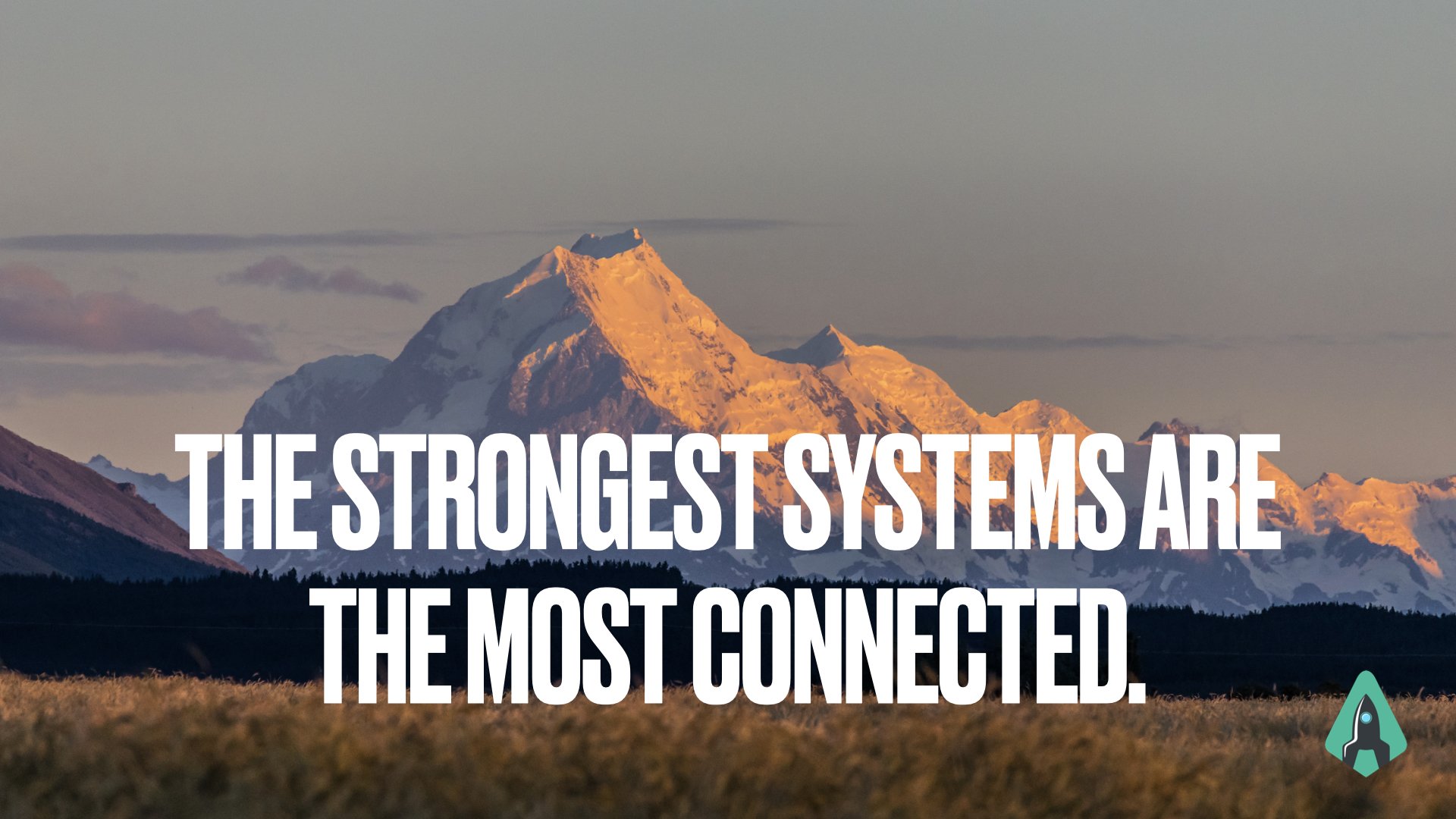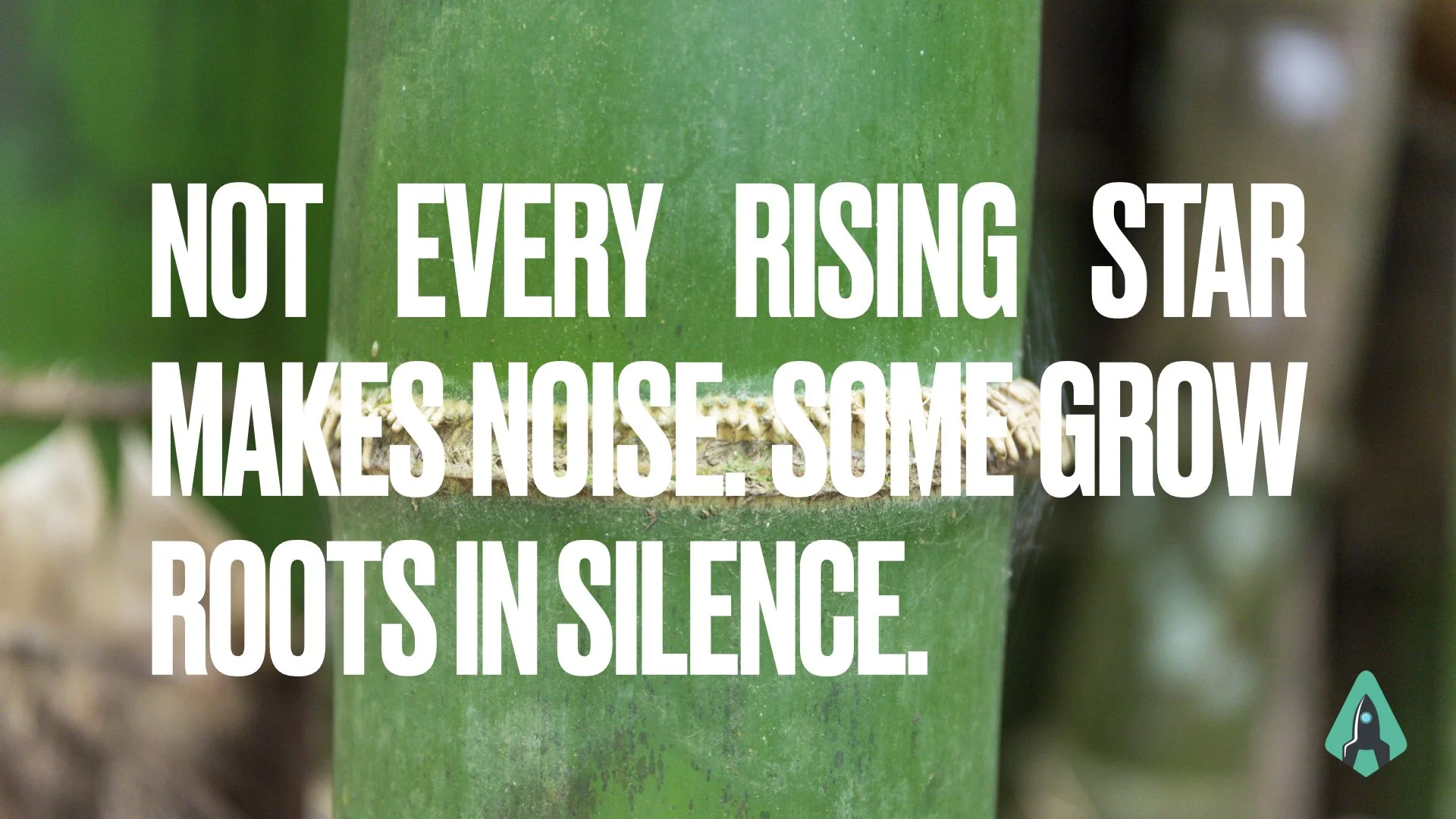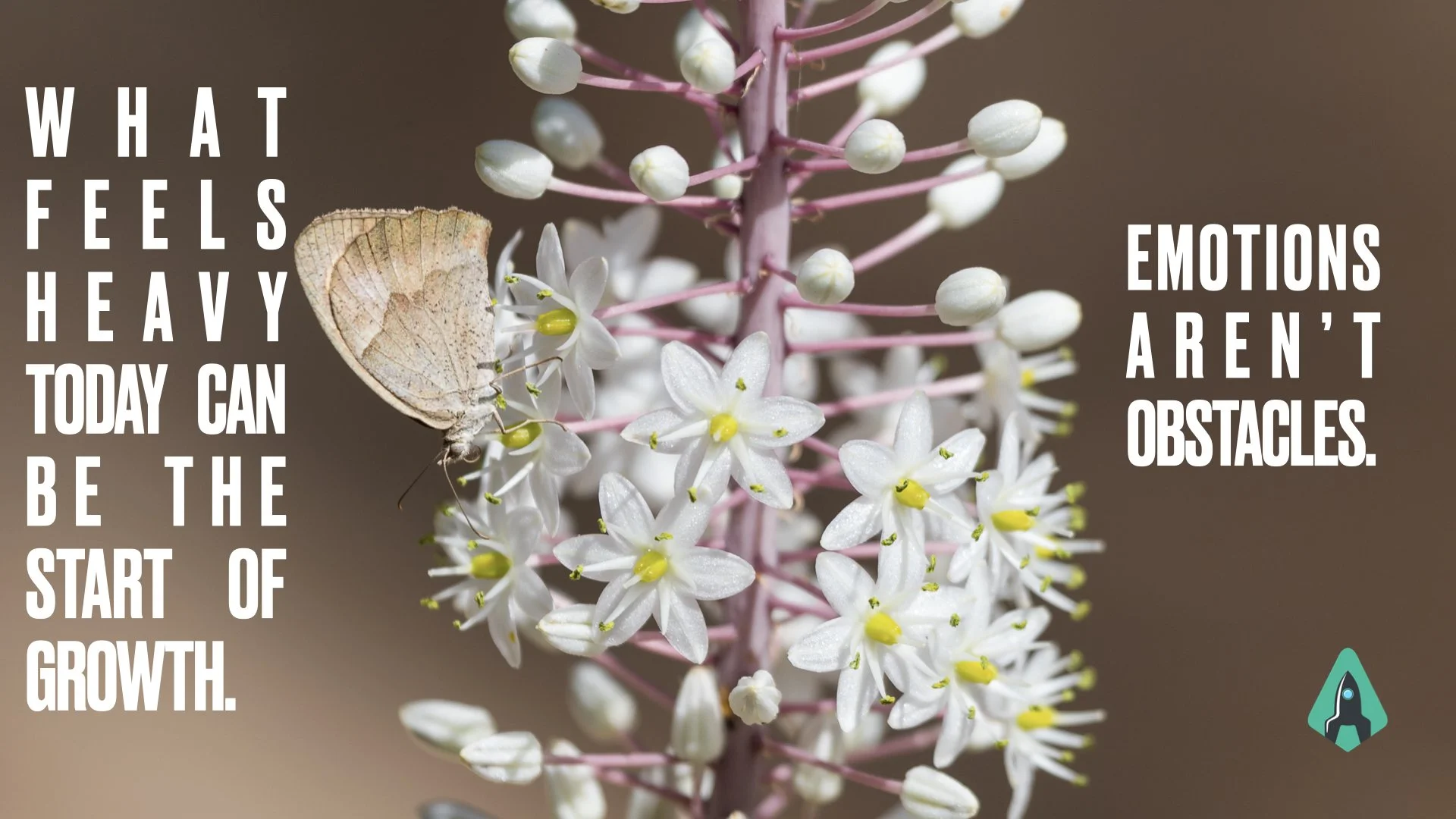
Ignition | Where ideas ignite, fueling inspiration, leadership & transformation

The Two Circles That Quietly Shape Our Work: Stephen Covey’s Timeless Insight Through a Modern Lens
We spend our days moving between two invisible circles: the Circle of Concern and the Circle of Influence. One drains energy. The other builds momentum. The difference lies in where we focus. Shift your focus — and feed your Circle of Influence, not your Circle of Concern.
In this article, we explore how Stephen Covey’s timeless concept aligns with modern psychology, leadership research, and team dynamics — and how small, intentional actions can transform the way individuals, teams, and leaders show up at work every day.

Leadership Isn’t About Being Available 24/7 — It’s About Building Systems That Work Without You
We often glorify the always-on leader — the one who holds everything together.
But if your team can’t move without you, you’re not leading — you’re the bottleneck.
Constant availability isn’t a strength; it’s a symptom of unclear boundaries and missing structures.
Sustainable leadership means replacing dependency with design.
True leadership isn’t about being everywhere.
It’s about building systems that breathe, decide, and move forward — even when you step back.

The Learning Advantage: Why Quiet Learners and Growth Mindset Shape the Future of Work
Not all talent announces itself in the meeting room. Some of the most valuable professionals are the quiet learners—the ones who keep growing outside the spotlight.
Backed by research on proactive learning and growth mindset, this article explores why leaders need to notice them, how individuals can accelerate their careers through self-learning, and why being intentional about what we “feed our mind” is the true competitive advantage in today’s fast-changing world.

From Reaction to Growth: How to Deal with Negative Emotions at Work
Negative emotions are part of every professional life — but they don’t have to hold us back.
Instead of suppressing them, psychology shows us how to transform them into signals for growth. From reframing emotions and situations to creating distance, labeling feelings, and weaving in positive associations — these strategies can turn discomfort into momentum.
